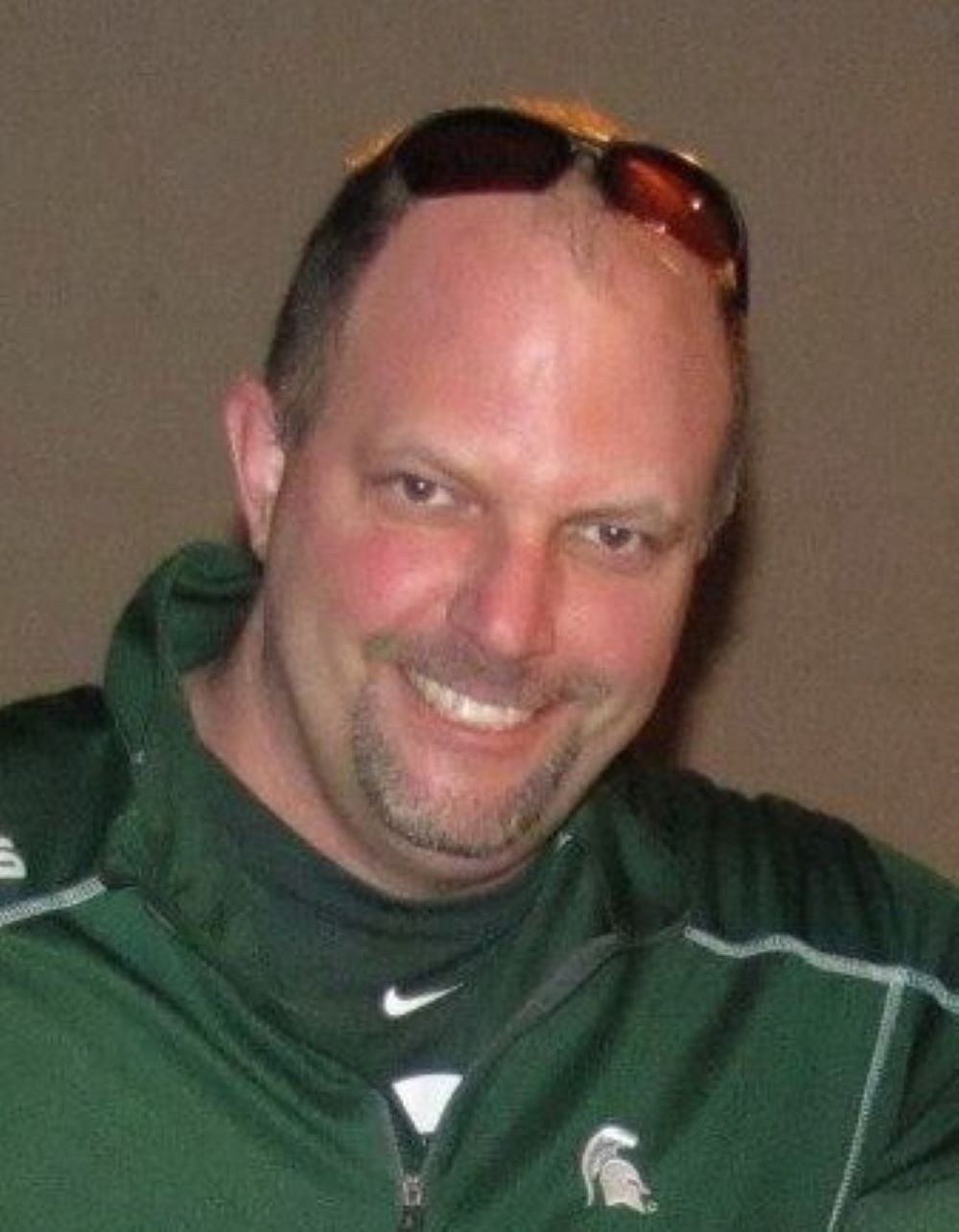Associate Director of Student Support and Accountability, Michigan State University in East Lansing, MI
Rick Shafer is one of the Collaborative Center’s Founding Partners. He is a two-time alum of Michigan State University (MSU). In the 40 years since he became a resident assistant (RA) at MSU, Rick has supported faculty, staff, and students at Ball State University (1991-1994), Indiana University (1994-1998), Ferris State University (1998-2000), and Michigan State University (1985-1991; 2000-2025). His professional roles at these four universities included Hall Director, Community Director, Director of Student Judicial Services, Associate Director of Student Life, and Associate Director of Student Support & Accountability.
Rick has been a member of the American Student Conduct Association (ASCA) since 1998 and has served the Association in several capacities: Circuit co-representative; regional conference co-host/organizer; case study co-coordinator, Gehring Institute faculty; and as a concurrent and pre-conference session presenter. At their 2025 annual convention, ASCA name Rick as this year’s recipient of the Donald D. Gehring Award, and as an inaugural recipient of the Legacy of Excellence honor. He is also an active trainer and mentor for the University of San Diego’s Restorative Justice Project and a Founding Partner for the Collaborative Center for Restorative Practices in Higher Education at the International Institute of Restorative Practices (IIRP).
Rick hopes that his personal and professional endeavors have demonstrated a deep dedication to promoting the humanity of all people and to the right of all to live their lives out loud.
Q: What drew you to restorative practices?
A: As a seasoned “conduct officer” in higher education, I was growing weary of the limitations of adjudication and punishment to deter wrongdoing by those who caused harm and to meet the needs of people who were harmed. Compounding this dilemma was that my authority or ability to act was strictly limited to legalistic concepts such as jurisdiction and regulations. In many ways, the best possible outcomes left all parties dissatisfied, suggesting that the process was therefore fair and balanced. That was not a standard I was willing to accept.
As my understanding and awareness of restorative principles and practices grew, I became increasingly drawn to the idea that restorative justice and restorative practice was really about creating space for people to be fully human; to feel fully seen and heard; and that they mattered. I felt these principles were in decline or completely lacking in the world around us. My elders taught me that if I was not part of the solution then I was part of the problem, and doing nothing was not an acceptable choice.
Q: How do you integrate restorative practices into your work?
A: Our office, the Office of Student Support & Accountability, is built on restorative principles and integrates it throughout our practice. Circle practices are part of our everyday work life. We use circles to onboard new staff, facilitate team meetings, make critical decisions, and even thank those who leave us to move on to their next chapter. We use affective questions to guide various processes that we facilitate – including, but not limited to, student conduct meetings; restorative conferences and circles; and conflict resolution among faculty and staff. Perhaps most importantly, we emphasize doing things WITH others, rather than TO or FOR them, and we see ourselves and our campus partners as important, integral, and integrated parts of the life of the university.
Q: How has working with restorative practices changed the way you approach your work?
A: I am reminded of a phrase that Kay Pranis shared as wisdom from a First Nations elder: “A teaching is a rekindling of something we were born with.” RP makes clear the inherent values of mindfulness, vulnerability, authenticity, empathy, compassion, etc. Living, working, and being restorative is less about any specific approach or process – rather it is our universal paradigm, how we see all that surrounds us and our connection to it. For me, the word Ubuntu captures the true essence of what it means to be human. If we start with the idea that we cannot exist apart from other humans, we will do less harm in the first place; we will experience more joy; and answers to difficult questions will become easier to find.
Q: What impact do you think restorative practices can have on higher education?
A: Higher education administration has become less about supporting the research, teaching, and learning mission and more about customer service, governmental compliance, and overall risk management. While we have no direct control over the world around us, we certainly can help our society remember what modern higher education was designed to aspire to in the first place. Study. Teach. Learn. Apply all three to the world around us for the betterment of all. I believe if we can demonstrate that collaboration is not about the gathering of existing egos but is rather about the wisdom that did not exist until we learned to work together, we can better prepare our graduates to solve really big problems by harnessing the power of working WITH others.
Q: What tips do you have for those looking to integrate restorative practices into their spaces?
A: The old adage, “Think globally, act locally,” applies here. Start with the space where you spend the most time. Home, work, community. Be restorative with yourself first, then build out from there.
